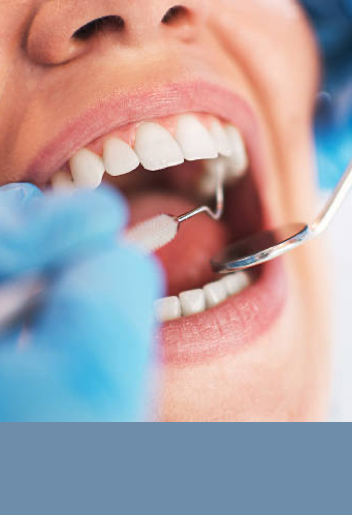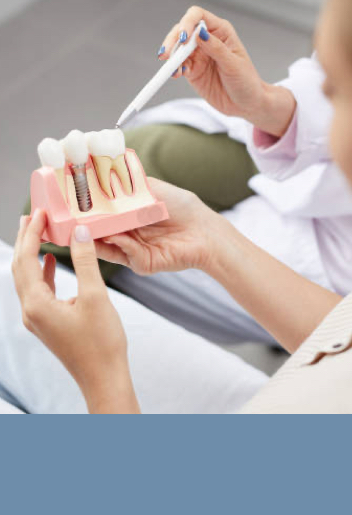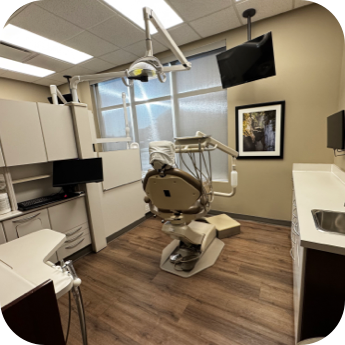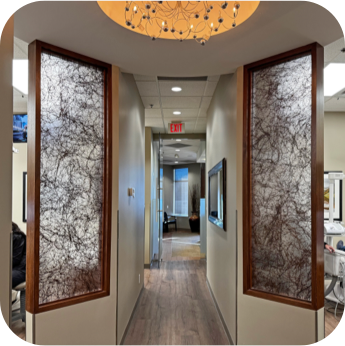Having sensitive teeth can be frustrating. However, sensitive teeth can be your body’s way of telling you that something might be off with your lifestyle or your dental health. But what are the possible issues, what do they mean, and how can you resolve them?
If your teeth are suddenly sensitive, this may be due to the wearing down of your tooth enamel, which protects the sensitive, internal parts of your teeth. Here are six tips that might help you deal with your teeth sensitivity issues:
- Don’t brush too hard
- Cut down on acidic foods
- Use the right tools for the job
- Don’t grind your teeth
- Strengthen your tooth enamel
- Get your teeth checked
It’s important that you contact your dentist and book yourself a dental exam. Your dentist will be able to help you identify the source of your discomfort.
1. Don’t Brush Too Hard
Brushing with too much force can wear down your tooth enamel, exposing the sensitive layer of dentin underneath. It can also result in gum recession, which is when the tissue of your gums pulls back, exposing the roots of your teeth.
To prevent sensitivity from brushing too hard, make sure you are brushing correctly. Choose a soft-bristled brush that allows you to reach to the back of your mouth, and make sure to use soft, circular motions rather than actually scrubbing at your teeth. You can also discuss toothbrush options, including electric toothbrushes with your hygienist and dentist at your dental appointment.
2. Cut Down on Acidic Foods
Foods with a high acid content, like tea, citrus fruit, tomatoes, and sports/electrolyte replenishment drinks can cause gradual erosion of your enamel. Over time, this loss of enamel can cause your teeth to become more sensitive.
Cutting back on acidic foods can help protect your enamel and reduce the sensitivity of your teeth.
3. Use the Right Tools for the Job
If you have sensitive teeth, consider using toothpaste, toothbrushes, and mouthwash designed to minimize discomfort:
- Some varieties of toothpaste are formulated for sensitive teeth, and may lack irritating ingredients or may contain substances that block discomfort.
- Use a soft-bristled toothbrush, and try to be more gentle when you brush.
- Choose a mouthwash without alcohol, as alcohol can irritate your teeth.
It can take time for these sorts of changes to take effect, but if you don’t begin to see improvements in about a week or so, you may want to contact your dentist and look into stronger treatment options.
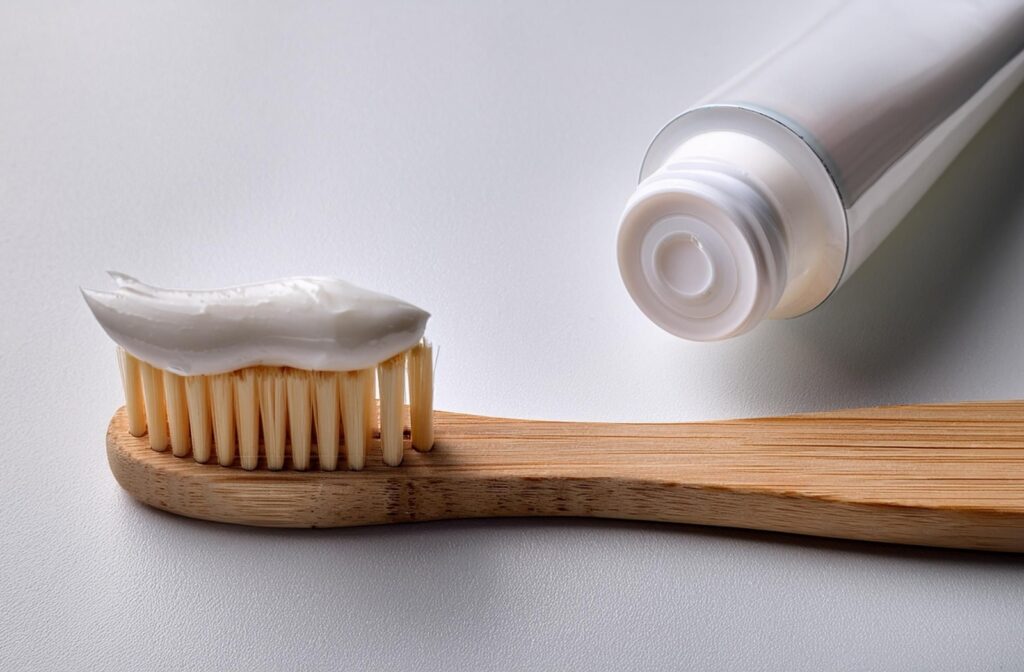
4. Don’t Grind Your Teeth
Constantly grinding your teeth and/or frequently clenching your jaw can wear down your tooth enamel over time.
Teeth grinding (also called bruxism) often occurs while we sleep. In such cases, the use of a nightguard while sleeping may cut down on wear and tear to the enamel.
If you find yourself grinding your teeth while you’re still awake, this may be a consequence of stress. If this is the case for you, consider adopting stress-reduction techniques, for instance:
- Yoga
- Exercise
- Therapy
- Meditation
5. Strengthen Your Tooth Enamel
If your tooth sensitivity issues are caused by the wearing down of enamel, you may want to consider fluoride toothpaste. Fluoride strengthens tooth enamel, helps prevent cavities, and generally promotes good dental health.
Fluoride toothpaste and fluoride mouthwash are both good sources of this mineral, though it’s also possible to receive stronger, professional treatments from your dentist. Your dentist and dental hygienist can also use a desensitizing product to reduce root sensitivity.
6. Get Your Teeth Checked
Some tooth sensitivity issues are a consequence of damage to your teeth. Some of the more common causes include:
- Gastroesophageal Reflux (GERD): Also known as acid reflux or heartburn, GERD occurs when acid from your stomach makes its way back up your esophagus. This exposes your teeth to acid and may wear down your enamel over time.
- Tooth damage: Chipped or broken teeth can expose sensitive parts of the tooth, resulting in discomfort and/or pain. Similar issues may arise when fillings or crowns wear down or break, leaving the inside of the tooth exposed. In any of these cases, schedule an immediate appointment with your dentist.
- Cavities/tooth decay: Cavities are caused by the buildup of plaque on teeth. Over time, the acid in plaque begins to erode your tooth enamel, creating a hole that exposes your tooth’s internal, more sensitive layers. Depending on how far a cavity has progressed, it can be treated with a tooth filling, a crown, or a root canal.
- Gum Recession: Gum recession is the result of your gums pulling back or away from your teeth, exposing the roots of your teeth to the elements. While it can’t be reversed, treatment prevents the condition from getting worse.
These are all more serious conditions that require intervention from a dentist. If the previous tips don’t reduce your tooth sensitivity, or if you suspect you may have any of the above conditions, book an appointment with your dentist as soon as you can.
Keep Your Teeth Safe
For many tooth sensitivity issues, minor lifestyle changes can help protect your tooth enamel, strengthen your teeth, and leave them less sensitive. For more serious issues, however—like cavities or cracked teeth—the tips in this article won’t resolve the underlying issues, so you’ll need to visit a professional.
At Country Hills Dental, our team is committed to caring for your and your family’s teeth through the different stages and phases of life. If you have sensitive teeth or are worried about another dental issue, don’t hesitate to contact us today.


